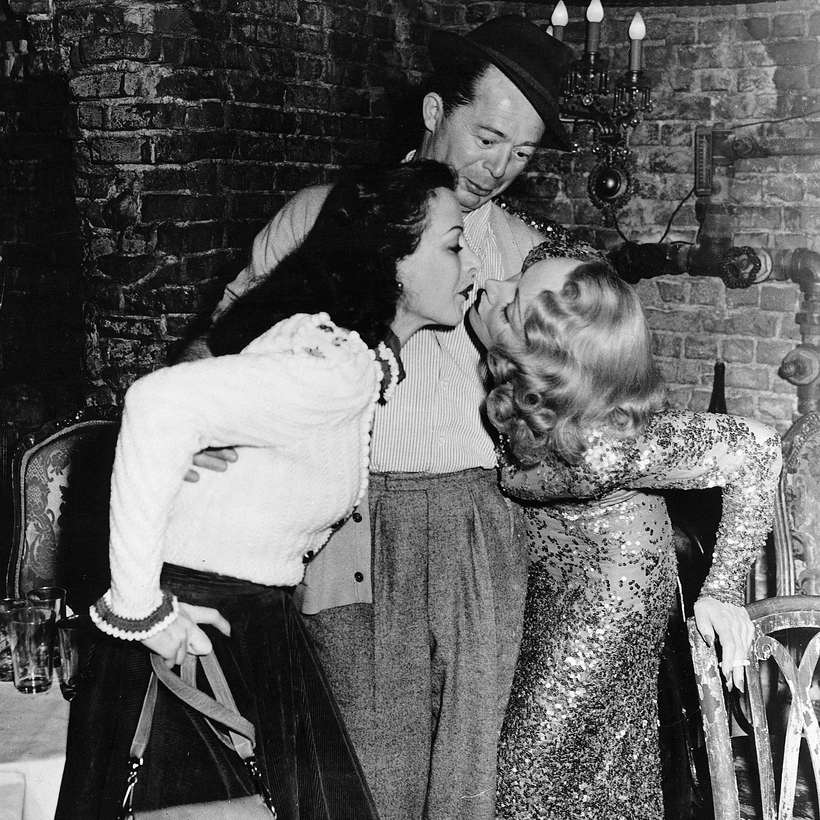Billy Wilder on Assignment: Dispatches from Weimar Berlin and Interwar Vienna by Billy Wilder
“Do you want to earn money?” a man known only as Roberts asks the 20-year-old starving journalist Billie Wilder. He’s not yet “Billy,” but in 1927, writing here in the Weimar pages of Berliner Zeitung am Mittag, he is already and without a doubt that European-born but somehow fundamentally American voice of Hollywood comedy—make that the voice of Hollywood comedy.
Roberts, his hair “shiny as rain-slicked asphalt … his nose and his lips those of the dead Valentino”—not Valentino but “the dead Valentino,” pure Wilder, mingling the crude and the sublime—looks to Billy like the type of guy who pays his rent on time. “The word ‘inhibitions,’” he writes hungrily, “has never crossed his mind.”


